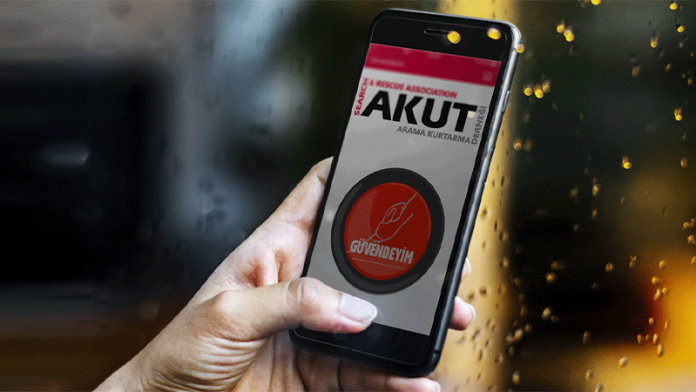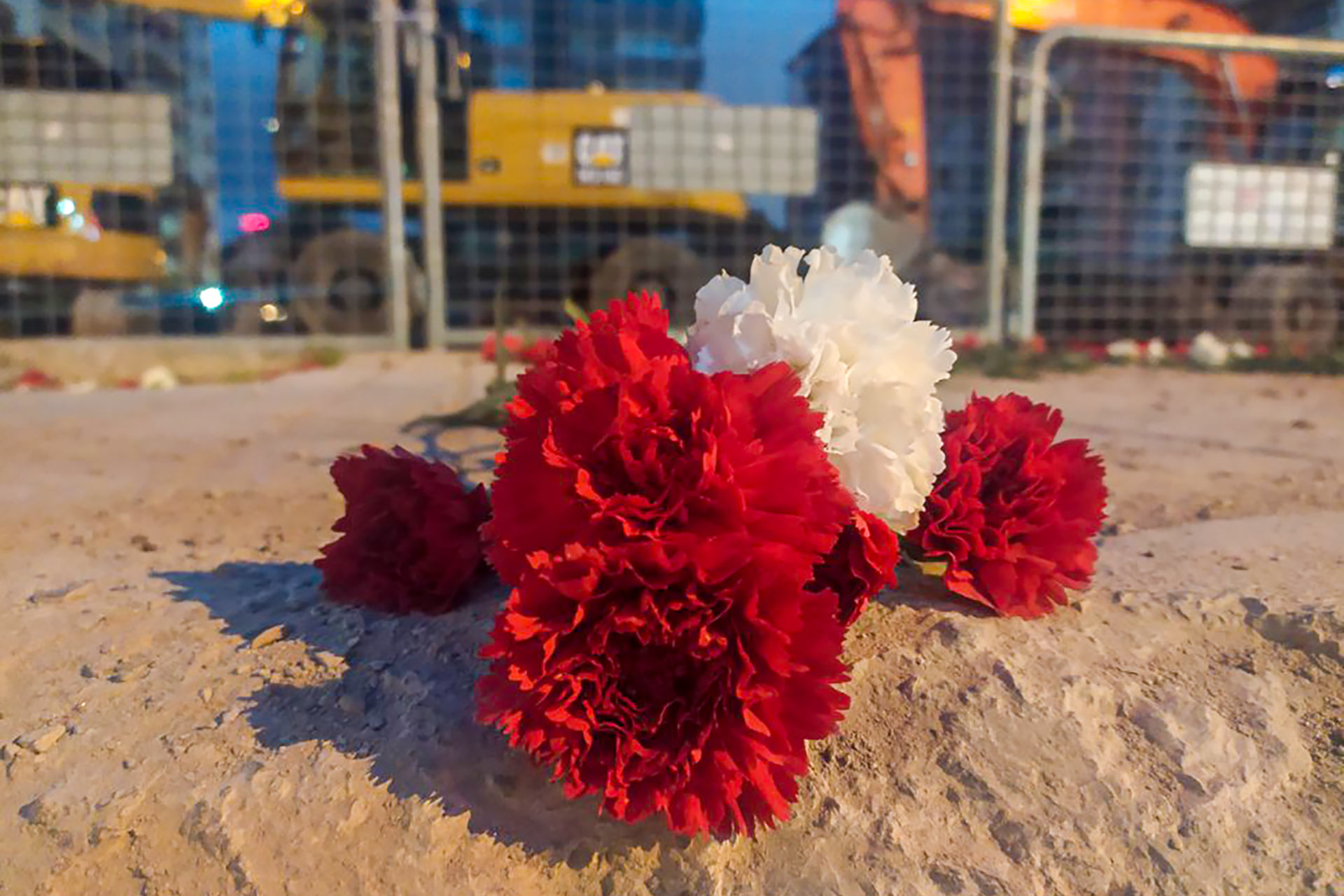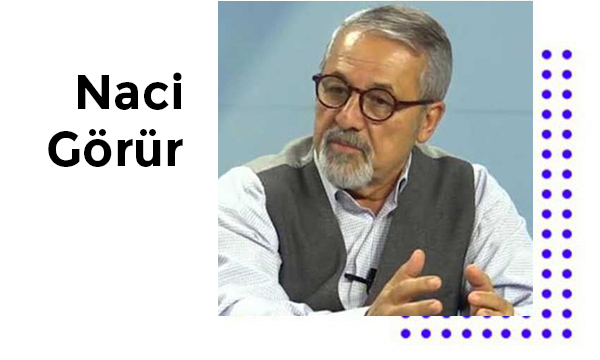
Before an earthquake rocked the Aegean Sea and buildings collapsed in Izmir, Nilay Örnek had hosted Naci Görür in her podcast where he shared very important information about earthquakes. We recommend everyone to listen to the “what can the citizens do?” part of the podcast, in particular, which begins at the 45th minute of the recording. You can find the link below. We also recommend you to read Prof. Dr. Naci Görür’s book.
Prof. Dr. Naci Görür is one of the first figures that spring to mind when it comes to earthquakes. He grew up in an adobe house in Elazığ, the city where he also received his education. He says: “In my school, my teachers taught me how to enjoy learning and I became a good student. Studying had become my most prominent goal.” In high school, his geology teacher gave them an assignment which involved a visit to Harput and collecting rocks. Upon seeing that Naci Görür was the only student who collected and brought rocks, his teacher noted that day: “Naci is going to be a geologist.”
Besides his role as a geologist, Görür also served as the Marine Research Coordinator at TUBITAK . Prof. Dr. Naci Görür, who saw the fault on the seabed with his own eyes, defines being a “good geologist” as follows: “Stones are the epitaphs of nature. A good geologist speaks with the stones and knows their language, he can embark on a journey to the world’s past and can scientifically foresee its future. I loved my job when I was young. I have seen the stones, lands, and seas in each and every corner. Today, I share my scientific data-driven predictions on earthquakes and serve humanity this way.”
Here is Naci Görür’s advice to our citizens:
-If they can afford it, they should have their houses checked, and if their building is vulnerable, it should either be demolished and rebuilt or reinforced without demolition.
-They should choose safe grounds and constructions for their houses.
Naturally, not everyone has such resources. So, here is some advice to organize your furniture securely against an earthquake:
-Place your beds away from windows. Stay away from the windows in the event of an earthquake.
-Do not keep in your bedroom any heavy materials that might fall on you when strong tremors begin.
-Anchor your furniture to the wall to prevent them from moving.
-Anchor your glass furniture, as well, and ensure flexibility.
-Always do earthquake drills with your children at home and prepare them for that moment.
-It might not be possible for all household members to be present at home; therefore, determine a meeting point. Make a plan.
During an earthquake:
-Go to the kitchen, duck and shelter by the kitchen counter, cover your head with your hands, and wait.
-If you live on the ground floor, you can try to get out of the building, but if you live on the upper floors, you definitely should not use the stairs, which are the weakest parts of buildings.
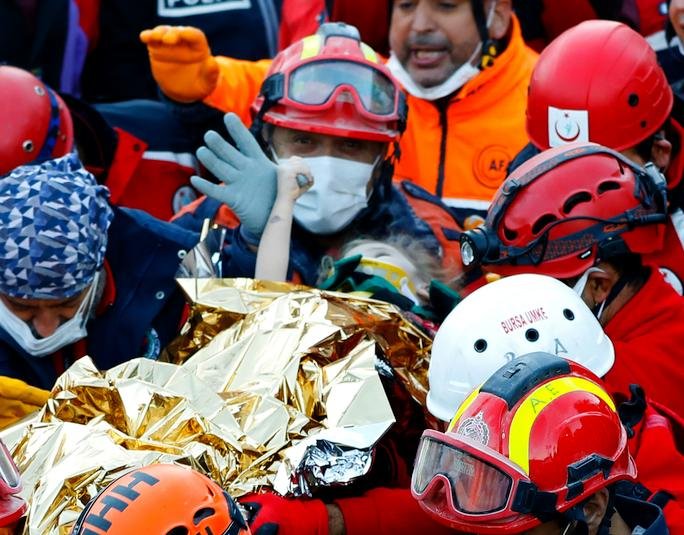
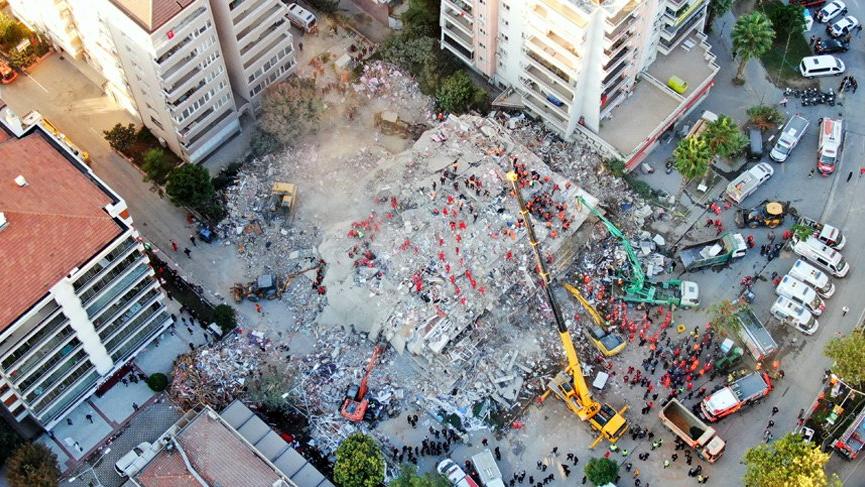
-Immediately after the earthquake, turn off electricity and water valves, and check if there is fire, etc. and leave the building. Go to the assembly areas designated by your municipality.
If you are safe and sound, check on your family and neighbors. In Istanbul, it is not very realistic to wait for the search and rescue teams.
-If you are in your car, get out of your car and create a triangle of life by ducking next to it and covering your head with your hands.
-If you are riding metro, stay in the railway car and do not get out.
Vital Applications to Have on Your Phone at the Time of a Disaster
In addition to Naci Görür’s warnings, we made a list of applications that are vital to have on your phone in case of a natural disaster.
Stay healthy…
Whistle: Your phone makes a high-volume siren sound and starts flashing. This helps you to be spotted from under the ruins and get found by someone.
Bridgefy: This application enables you to communicate with people nearby using Bluetooth when there is no WiFi or network signal.
Life360 Family Locator: Using the GPS feature, this application lets you locate your loved ones and family members in the event of an earthquake. You can create groups in the application and reach your family. The emergency button enables messaging and send help alerts in times of need.
Signal Offline: It allows you to communicate one-on-one or in a group without the internet or local network in range of up to 100 meters. In short, this app allows you to send audio, text, photo and video messages to users around you over WiFi direct.
Akut Güvendeyim: In the event of a natural disaster such as an earthquake, this app sends your information to the people predetermined by you and lets them know you are safe via SMS. You can also find some basic information on what to do in a natural disaster scenario from the application’s menu. You do not need the internet to use “Güvendeyim”. In the event of a natural disaster, you just touch a button and your location will be shared with the people you have chosen.
